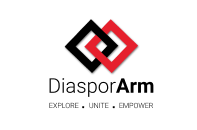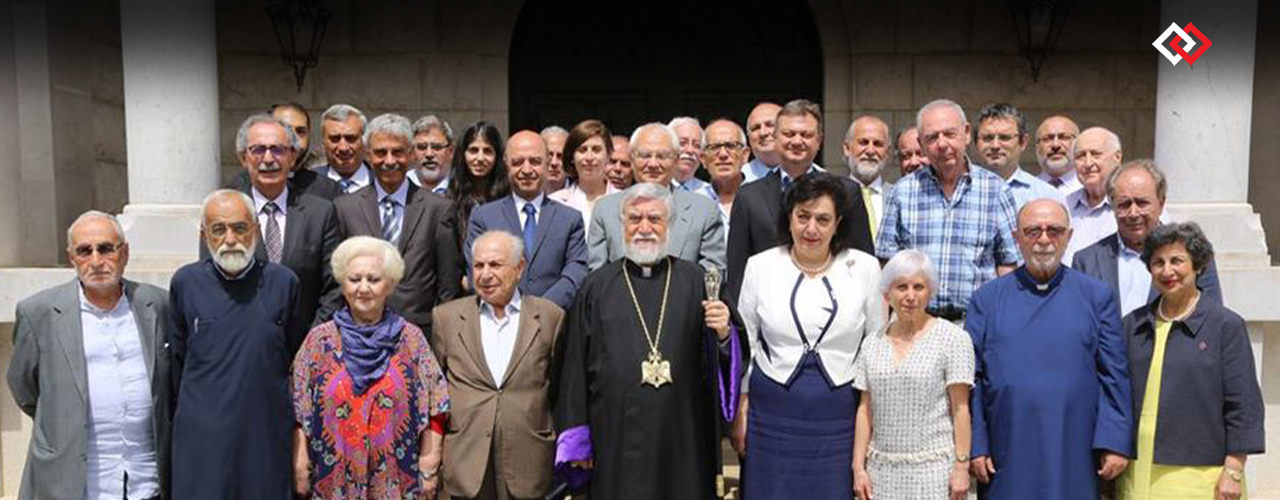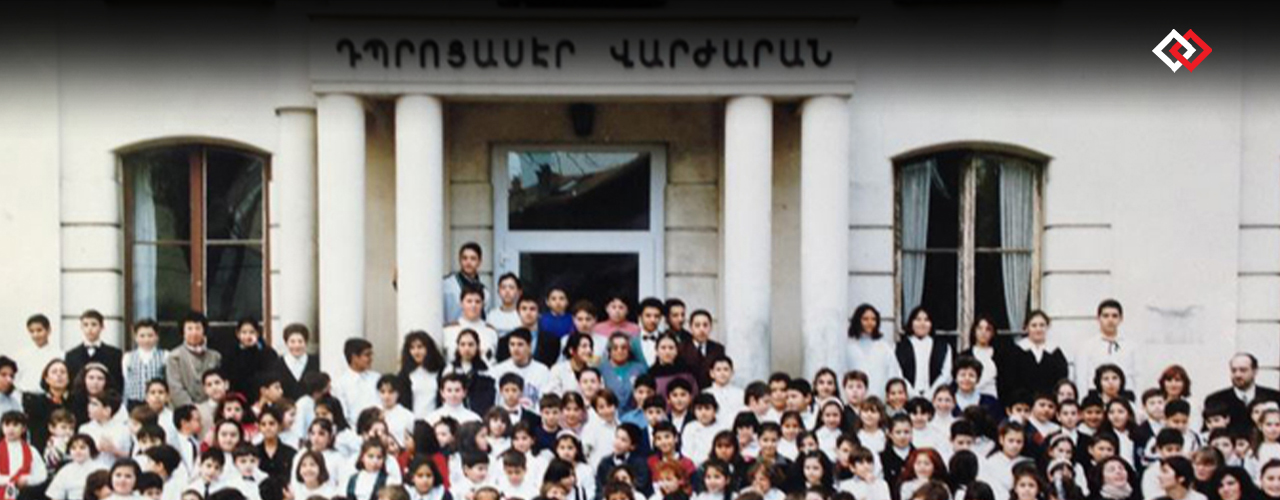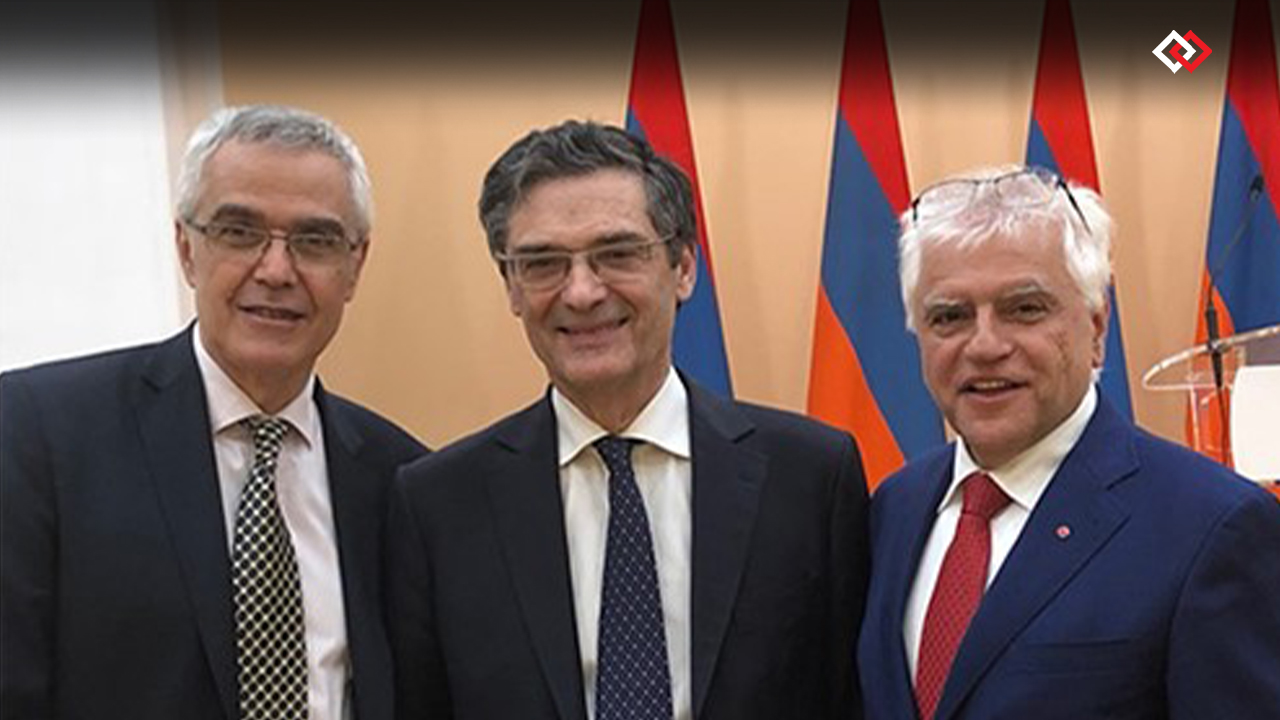The Diaspora Armenians Round Table (DART), held in Paris in June 2022, gathering independent intellectuals, educators, entrepreneurs, and youth to discuss the diasporas’ challenges and needs, concluded with the following suggestion: Firstly, to serve as a coordinator among various organizations, rather than becoming just another organization itself. Secondly, experts from different fields would be invited to suggest concrete transformative projects aligned with the nation’s needs. And finally, to organize a second round table, where projects would be prioritized and interested organizations would be Invited to participate.
Building on the momentum, on May 15th, a meeting was held, bringing together influential institutions such as AGBU, AMAA, COAF, FAR, Future Armenian, and Tufenkian Foundation. These organizations actively participated and shared their perspectives on jointly addressing common challenges in the areas of Education, Economic Development, Healthcare, and Advocacy.
Thereafter, Hovel Chenorhokian convened meetings in Beirut with the central boards or representatives of the AGBU, Hamazkayin, Mesrobian, and Evangelical schools. The purpose of the meetings was to collaborate on enhancing their curriculum, books, and online programs.
Drawing from our extensive discussions with stakeholders in the field of education, we are pleased to propose the following:
EDUCATION PROJECT
Background:
Soviet Armenia prioritized science and technology in its education system, propelling it to a prominent position in STEM fields within the USSR. After the collapse of the Soviet Union, Armenia has experienced significant economic and social challenges that resulted in a decline in the quality of education and cultural standards.
In the Diaspora, state-of-the-art schools of the Middle East, which shaped successful generations, are not available to Armenians in Europe, the Americas and Russia, where 60% of Armenians live.
Furthermore, unlike the migrations up to the 1980s’, the “New Diaspora” moved West in a chaotic way, getting scattered around different countries, often with no community structures. The prospects of teenagers there, whose parents are often not well integrated into the new society, are shaped by unpredictable factors and how circumstances unfold.
Needs Assessment:
- Dropping standards, lack of widely available curriculum, outdated tools and techniques have resulted in mediocre educational foundations for Armenian youth.
- Due to limited access to resources and innovative teaching methods, Armenian youth may not be reaching their full potential in the current educational system.
- Armenian students in the diaspora lack options for learning Armenian history, culture, and building an informed Armenian identity.
- Students frequently base their career orientation on prevailing trends, often disregarding the crucial aspect of aligning their choices with the strategic needs and interests of the nation.
Mission:
General:
- Cultivate a shared sense of national identity and global consciousness among Armenians worldwide by bonding Armenia, its traditional and emerging Diasporas. This involves fostering a deeper sense of belonging and pride in Armenian heritage, as well as promoting cross-cultural exchange and collaboration to strengthen the ties between Armenians around the world.
- Raise generations of Armenians globally, to be successful and influential members of society and be respected for their values.
- Promote values such as civic engagement, integrity, protecting nature, and combating societal issues like unhealthy lifestyles, domestic violence, and selective abortion.
- Promote balancing careers among educators, scientists, diplomats, liberal professionals, tradesmen, and artists.
Diaspora:
- Develop or adopt a basic curriculum in Eastern and Western Armenian for Diaspora schools for online and in-person teaching.
- Foster a sense of national belonging.
- Create and further develop online teaching platforms which:
1. Transmits Armenian language, literature, and culture,
2. Provide academic support (orientation, coaching, mentoring) in other subjects (languages, math, physics, chemistry, programming, and more) for individuals and groups.
Methodology:
Curriculum:
- Identify, collect, and share programs, best practices, tools, techniques, and innovative teaching methods of major educational stakeholders.
- Develop a standard curriculum accessible online and in-person.
- Identify, recruit, and train educators to encourage and inspire students both online and offline.
Video Programs:
- Develop videos and web channels to transmit knowledge and promote values.
- Identify existing educational video programs and publishers.
- Define specifications for video programs based on subject, age group, and language.
- Partner with producers for content creation.
Management:
- Evaluate the budget and timeline, setting specific milestones and deadlines for each objective.
- Perform SWOT analysis to address potential risks and challenges.
- Ensure ongoing communication with major educational stakeholders to gather and share best practices and tools.
- Organize meetings to facilitate knowledge exchange.
- Identify partner producers and negotiate for video program production.
DiasporArm aims to mobilize the significant available resources of the Diaspora, coordinate its actions, support initiatives, and create synergies through networking.
DiasporArm’s mission is to unite like-minded individuals and organizations both inside and outside Armenia, for the purpose of advancing global Armenian Interests, strengthening the nation’s security and ensuring the Armenian people’s safety and prosperity.




